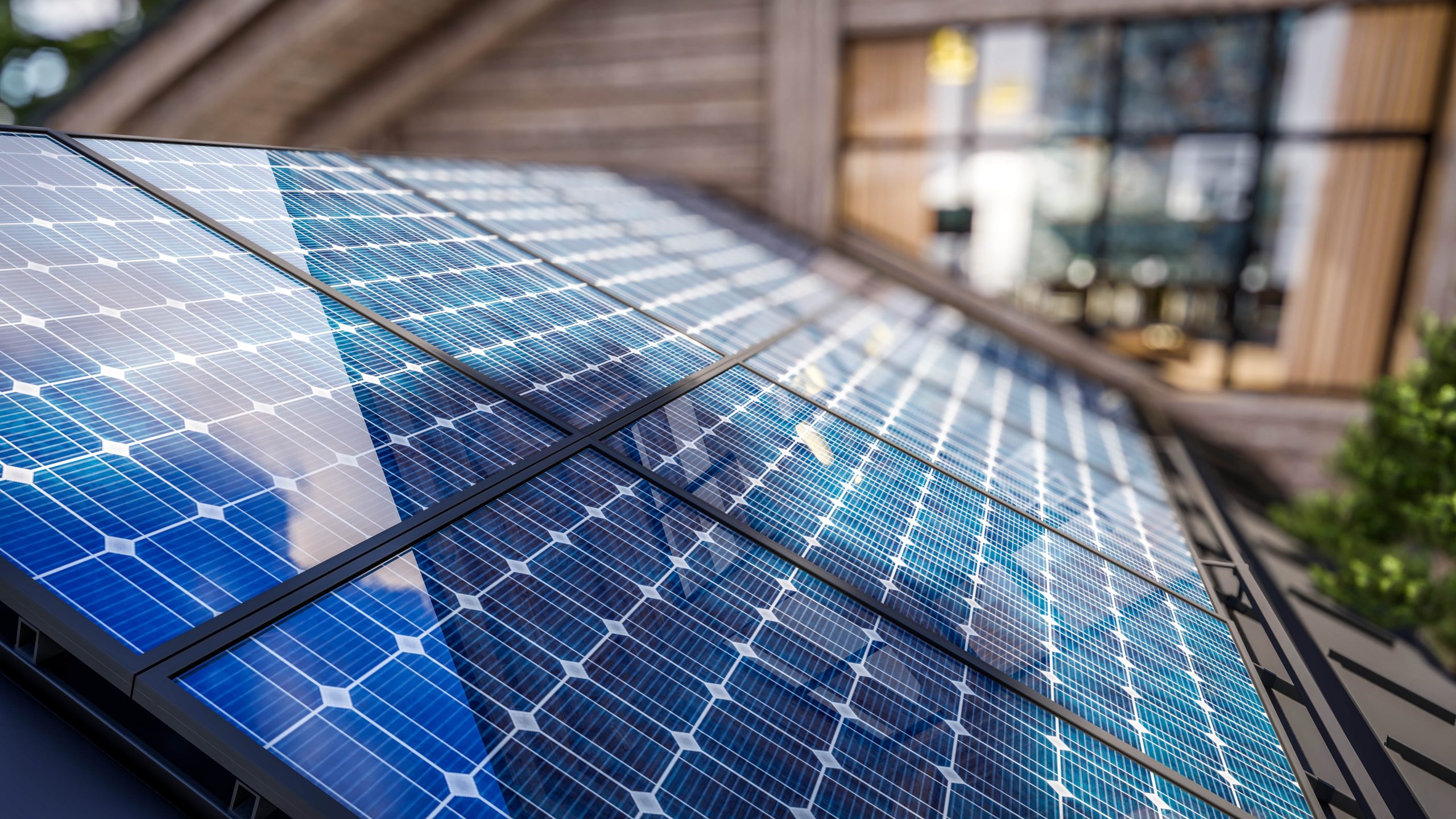Advertisement
With Eskom’s ongoing load shedding and financial problems, considering off grid solutions has become a must. However, this comes at a high cost and in most cases is unaffordable for the average household.
But now there are many financing solutions available and alternatives to buying and installing solar panels on offer, which make the costs of going off grid more financially attainable. Here are some options to consider:
Buying outright
Buying the solar system outright can be done but if you don’t have the cash to hand you can finance the purchase and installation through your access bond or a bank loan. It’s important to check with a financial planner whether you can afford the additional repayment.
The return on your investment is immediate but there are risks when buying outright. Ross Mains-Sheard, the founder of Versofy SOLAR highlights these questions to ask: ‘Who will support the system once it’s installed? Will the installer be available to assist with any maintenance, monitoring, warranty claims or upgrades down the line? For those not in the industry, these questions can be quite daunting.’
Mains-Shepard adds: ‘Our outright buyers get the benefit and peace of mind that they will get support from the Versofy Installer Network, should their original installer not be available to assist. They also get the full Versofy service when it comes to support, upgrades, and warranty claims.’
Renting solar
If you can’t get financing from your access bond or through another financial institution the other options can be “rent to own” or to go via a subscription model with companies like GoSolr and Versofy SOLAR.
Renting allows customers to make monthly payments instead of dealing with a large upfront investment. With the pure rent product, there’s no ownership of the system – the solar panels belong to the supplier. Be aware of all the fees before you sign on the dotted line and know the length of the commitment. At Versofy, for example, there is an activation fee of R5,000 and the duration of the rental contract is 36 months.
Advertisement
Sometimes the rent model can be a good option if you don’t want to take on the risks of the installation and the ongoing maintenance. GoSolr’s monthly fee, for instance, covers the cost of the product or service, along with any additional benefits or support provided.
A spokesperson for GoSolr says: ‘We understand that the upfront cost of solar installation has been a significant barrier for many individuals. To overcome this, GoSolr takes on the financial burden and risks associated with home solar, allowing customers to enjoy the benefits of solar energy without the upfront costs.’
Neale Lucas-Bull, Head of Capta Wealth has invested in solar and found that having the option to structure his solar purchase was hugely beneficial for a number of reasons. ‘Firstly, it gives you the ability to essentially test-drive a system and see what your personal consumption or household need is before you outlay the capital for a cash purchase. Secondly, with the rapid change in battery and solar technology, the rental model gives you the ability to upgrade your system in line with technological advances,’ he says.
It’s important to select the right professionals if you opt for “solar as a service”. ‘Your key is finding a solar partner who has a high-quality balance sheet that can offer these in a sustainable manner. The industry has seen some players get into trouble over-extending themselves so it’s important that you select a partner who can correctly assess credit risk. They are not just taking on the credit risk of your individual property – it’s their whole book,’ points out Ahmed Motara, business development lead at Solana Energy.
Funding solutions for developers
Funding options for developers are also available. Emma Montocchio, head of Decusatio Impact Investments Solutions says that regardless of whether it is electricity or water infrastructure for estates, she is seeing an increasing number of solutions being offered by the big banks and funding institutions under the “Green” infrastructure banner.
She explains: ‘If we look at some of the big developments being funded by the Corporate and Investment banking groups at the moment, they have all built-in some degree of ESG (Environmental, Social, and Governance) related funding structures which essentially lower the cost of funding for developers who develop with sustainability in mind.
‘This innovation is encouraging and we expect there to be more incentives – both from funders and government [such as the Section12B solar incentive] – to help ease the burden of infrastructure investment.
‘One of the solar funding opportunities which is often not considered is the utilisation of Enterprise and Supplier Development (ESD) funding. B-BBEE legislation requires that organisations spend a certain amount on ESD to help develop black-owned businesses and solar is such an easy opportunity to develop black-owned businesses and secure the rapid rollout of roof-top solar. Sometimes it just takes looking at funding structures differently!’



